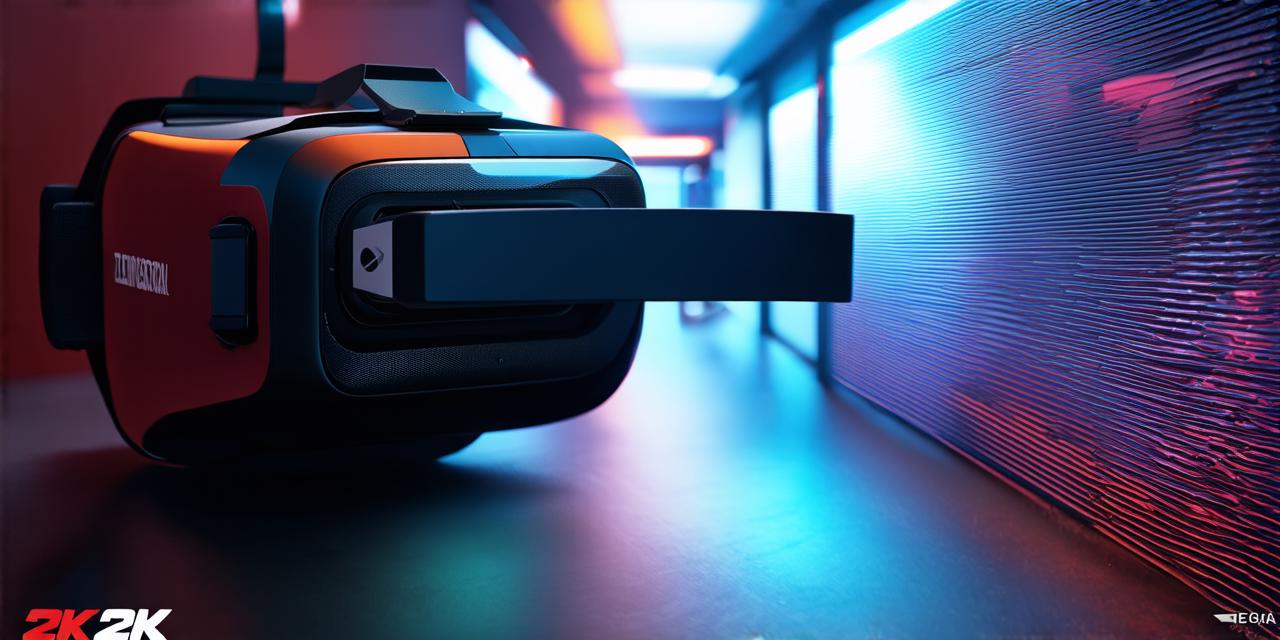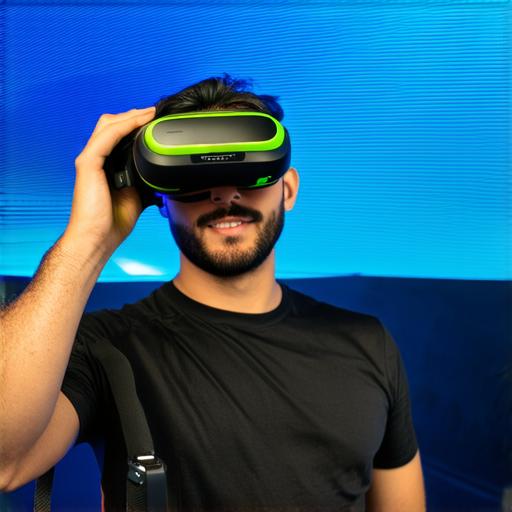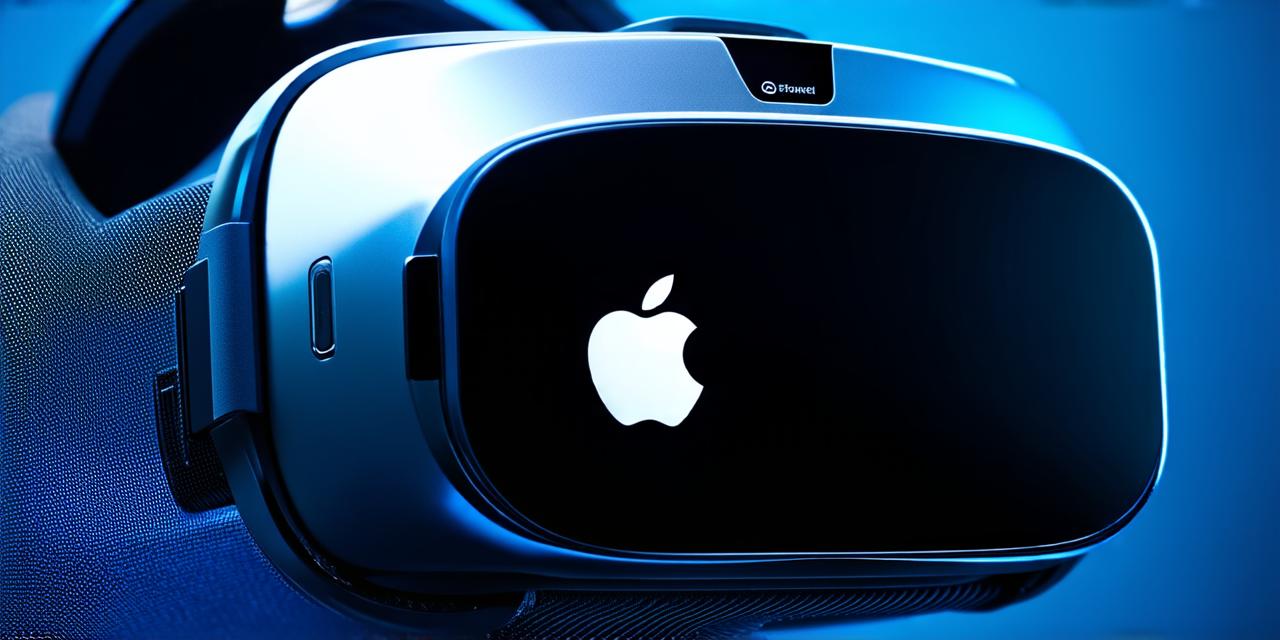
What VR headset is best for me?

Virtual Reality (VR) technology has come a long way in recent years, with many options available for gamers, professionals, and casual users alike. With so many options on the market, it can be difficult to determine which VR headset is best for you. In this article, we will explore some of the most popular VR headsets and help you make an informed decision based on your specific needs.
Table of Contents
Toggle1. Oculus Quest 2
The Oculus Quest 2 is a wireless, standalone VR headset that offers excellent performance at a relatively affordable price point. It features a high-resolution display, six degrees of freedom (6DOF) tracking, and support for room-scale environments. The Quest 2 also has a built-in speaker and microphone, making it easy to communicate with other players or use voice commands.
2. HTC Vive Pro Eye
The HTC Vive Pro Eye is a high-end, wireless VR headset that offers exceptional performance and immersive experiences. It features a 4K resolution display, 6DOF tracking, eye-tracking technology, and support for room-scale environments. The Vive Pro Eye also has built-in speakers and microphones, as well as a USB-C port for easy connectivity.
3. PlayStation VR
The PlayStation VR is a console-based VR headset that offers seamless integration with the PlayStation ecosystem. It features a high-resolution display, 6DOF tracking, and support for room-scale environments. The PlayStation VR also has built-in speakers and microphones, as well as a USB port for easy connectivity.
4. Samsung Gear VR
The Samsung Gear VR is a mobile-based VR headset that requires a compatible smartphone to function. It features a high-resolution display, 6DOF tracking, and support for room-scale environments. The Gear VR also has built-in speakers and microphones, as well as a USB port for easy connectivity.
5. Valve Index
The Valve Index is a high-end, wireless VR headset that offers exceptional performance and immersive experiences. It features a 4K resolution display, 6DOF tracking, eye-tracking technology, and support for room-scale environments. The Index also has built-in speakers and microphones, as well as a USB-C port for easy connectivity.
When choosing a VR headset, it’s important to consider your specific needs and preferences. If you’re on a budget, the Oculus Quest 2 may be the best option for you. If you’re looking for high-performance and immersive experiences, the HTC Vive Pro Eye or Valve Index may be worth considering. If you prefer console gaming and want seamless integration with your PlayStation ecosystem, the PlayStation VR may be the right choice for you. Finally, if you have a compatible smartphone and are looking for a mobile-based VR headset, the Samsung Gear VR may be a good option.

